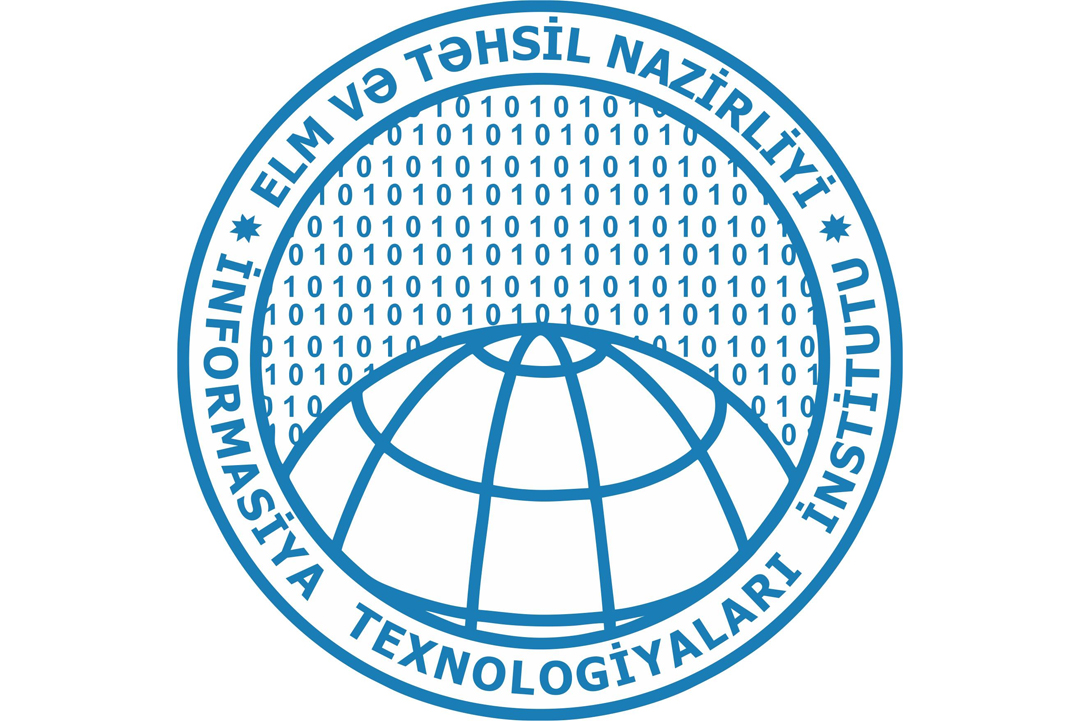NEWS
Google’s AI is Learning to Make Other AI

The most prolific minds in AI research from groups such as Google Brain, OpenAI, DeepMind, and university research departments at the nation’s most prestigious tech schools are developing machine-learning systems that can create machine-learning systems. Researchers from Google Brain were able to design software that created an AI system to take a test that measures how well software can process language. The software did better on the test than software designed by humans.
According to MIT Technology Review, Jeff Dean, the leader of the Google Brain group, sees “automated machine learning” as the most promising research avenue for his team.“Currently the way you solve problems is you have expertise and data and computation. Can we eliminate the need for a lot of machine-learning expertise?”
If it turns out that AI can consistently perform at levels comparable to the Google Brain experiment, self-starting AI could lead to faster implementation of the technology. While this prospect is very exciting for tech enthusiasts, growing numbers of people are worried about what increased roll-outs of AI systems could mean for their livelihoods.
Automation is set to disrupt the way the economy, and even capitalism itself, has operated for centuries. In the long run, machines are cheaper than human workers. There’s no need to worry about vacation time, unionization, heath insurance, or many other aspects of employment that people need or expect from their employers. However, this cheaper, more effective labor force will come at a great cost.
The biggest sector to be hit by the proliferation of automation will be manufacturing, especially in the developing world. President Obama even mentioned automation in his farewell address. “But the next wave of economic dislocations won’t come from overseas. It will come from the relentless pace of automation that makes a lot of good, middle-class jobs obsolete.” Industry experts tend to agree.
© All rights reserved. Citing to www.ict.az is necessary upon using news



